Changing our point of view by becoming producers opened our eyes. Although we had heard about Texas-sized piles of plastic in the ocean, and the ubiquitous global warming debate, we didn’t give it much thought until we were contributing to the problem.
We started to think critically about our production process - the toxic chemicals used to create the materials for the cases, the labor force that constructed them, the distances that everything traveled, the unrecyclable packaging that would be thrown away immediately upon purchase, and the leather case itself that would likely be sent to the landfill a year later when the user purchased a new tablet. By happenstance we were exposed to The Story of Stuff, Zero Waste Home, and Radical Homemakers. We learned about the disposable economy, planned obsolescence, externalized costs and and the extreme amount of waste created by the current materials economy. We learned that for every single can of trash created by a home consumer (the packaging of our cases for instance) there were 70 cans of trash created by the extraction, manufacturing and distribution process. We learned that a shocking 99% of all the materials that flow through the consumer economy are thrown away within six months of their purchase.
And, we saw these realities with our own eyes when we took cartons of returned defective products to the local landfill and saw first hand that there is no “away,” and when we throw things “away,” we are actually building a mountain of toxic trash.
Opening our eyes to the negative impact we were having on the ecosystem was scary. We knew we wanted our business to make a positive contribution to the world, but we didn’t know how we would get from where we were to where we wanted to be and still be in business.
Fortunately, we have learned that sustainability is also good for the bottom line. We were in development on The Cashbox when we began our sustainability journey, and we took the first step toward changing our business by building The Cashbox locally in San Diego, CA. This single change opened the door to many more, and made each subsequent change easier. All of a sudden we had so much more control over the materials that were used, the quality control standards and the production timeline. The Cashbox is made from highly renewable fast-growing bamboo, all of the components are selected because they are the most ecosystem-friendly solution available, and it is constructed by workers who are accountable for the quality of their work, are paid a fair wage, and take pride in a job well done. Sales have flourished.
It makes sense that sustainability is at the heart of a successful business. After all, finite resources cannot grow indefinitely. We have learned that sustainability is not just about feel-good idealism, it is a foundational element of a strong business.
In 2009, like the rest of the nerd-world, we waited with bated breath for what we would come to know as the iPad. Our excitement about this “magical and revolutionary” device was our only impetus for beginning this company. Now, our vision for Happy Owl Studio is much larger. And because of our experience with The Cashbox, we know it can be done, and we know consumers want it. Our vision is to contribute to a new economy - where beautiful and functional products are produced in a way that is good for the whole ecosystem.

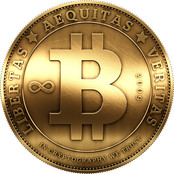
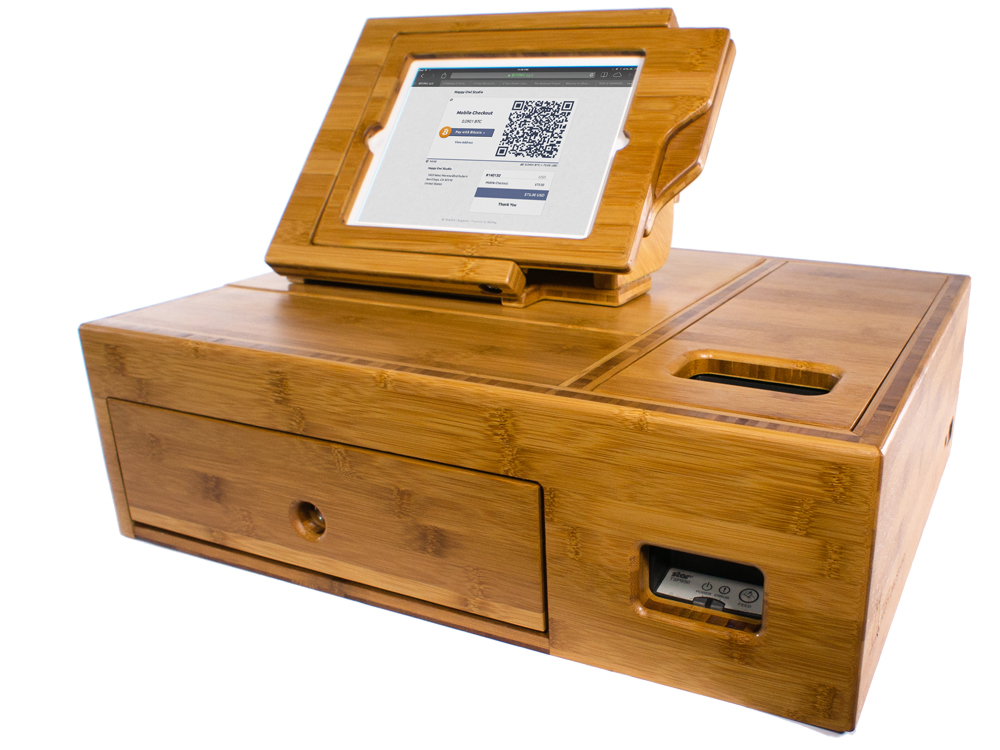
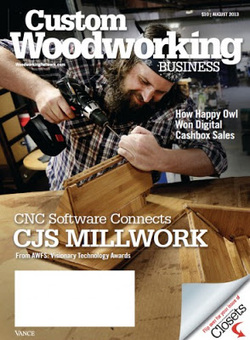
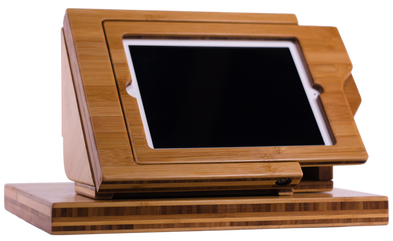
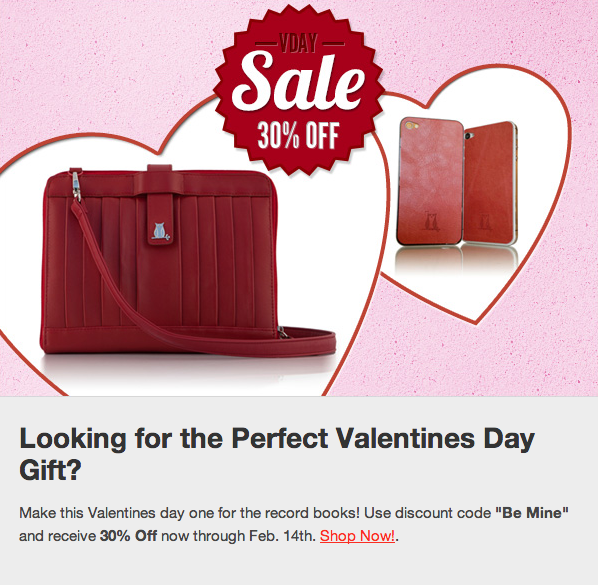
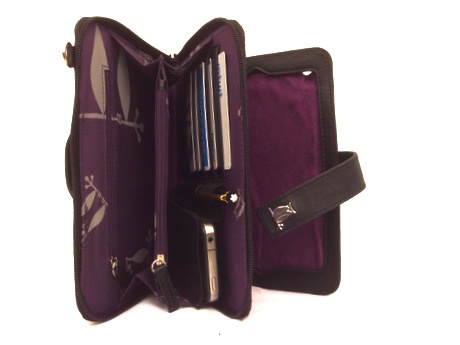
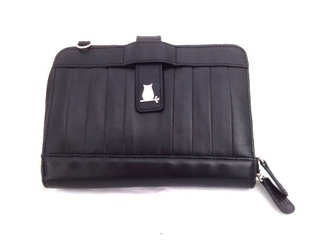
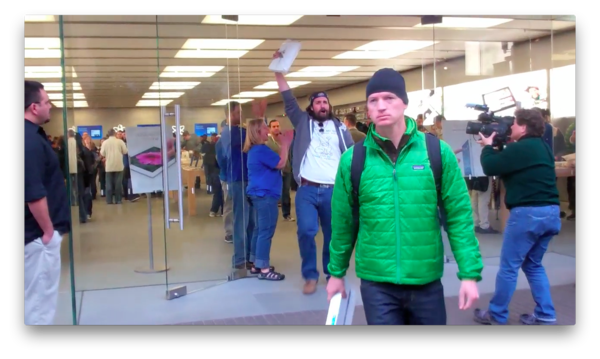
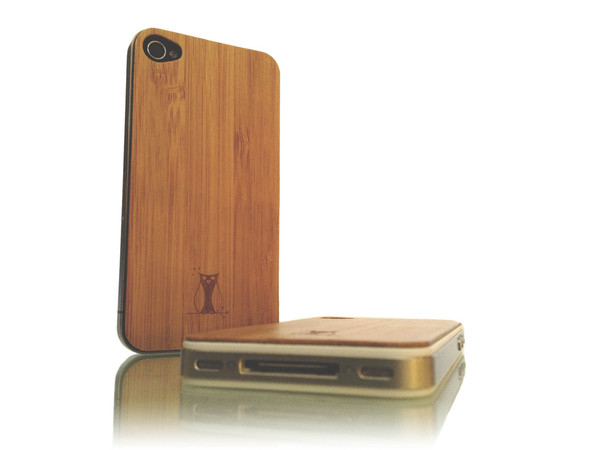
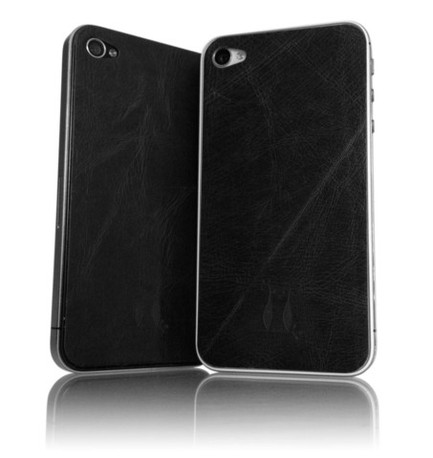
 RSS Feed
RSS Feed
